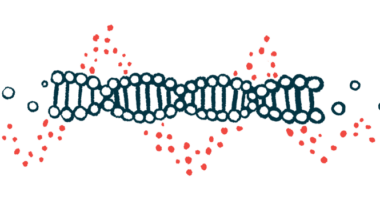$17.5M CDC Award to Help Develop Public Health System for Epilepsy

To establish a public health infrastructure that advances health equity and improves the lives of people with epilepsy, the Centers for Disease Control and Prevention (CDC) has awarded $17.5 million to the Epilepsy Foundation and its partners.
The five-year award will support efforts by these organizations to establish and sustain a robust public health infrastructure for epilepsy, improve health parity and life quality, and achieve optimal outcomes for epilepsy patients, including those with Dravet syndrome.
The award is part of a new cooperative agreement series called Improving Epilepsy Education, Systems of Care, and Health Outcomes through National and Community Partnerships. The CDC’s epilepsy program works with organizations to research, test, and share strategies and programs to help epilepsy patients.
“We are excited to continue our 20-year collaboration with the CDC to improve the systems of care and support for people with epilepsy,” Laura Thrall, the foundation’s president and CEO, said in a press release.
“This award exemplifies the critical importance of transforming the systems of healthcare and community services, and the way people recognize and respond to someone having a seizure,” Thrall said. “We are committed to collaborating with all our partners to continue the important work of promoting seizure safety, eliminating health disparities, and leading systemic change to benefit everyone affected by the epilepsies.”
The funding will target four key goals:
- An improved social environment for patients
- A strengthened health system for improved epilepsy care
- New and greater connections between clinical services and community programs
- Improved life quality for patients by addressing social determinants
To help meet these objectives, the foundation will add organizations to its nationwide regional and affiliate network. Within the agreement, the CDC awarded $4.7 million in first-year funding to organizations that, in addition to the foundation, includes the American Epilepsy Society, Epilepsy Association of Western & Central PA, the Epilepsy Foundation New England, and the National Association of School Nurses. The foundation will work alongside these organizations to help with public health infrastructure.
“CDC is proud to work with these organizations in our shared mission to achieve the best outcomes for all people living with epilepsy,” said Karen Hacker, MD, director of the CDC’s National Center for Chronic Disease Prevention and Health Promotion. “The scope of organizations represented, and innovative activities proposed, demonstrate the real potential impact enhanced public health action can have.”
The Epilepsy Foundation’s partnership with the CDC has, over the years, resulted in improved access to care and online resources, and the training of more than 600,000 individuals in first aid and seizure recognition, the organization noted.
According to the CDC, about 3.4 million people nationwide are affected by epilepsy. Dravet is a severe type of epilepsy in which patients may experience a host of cognitive, physical, and behavioral difficulties.








